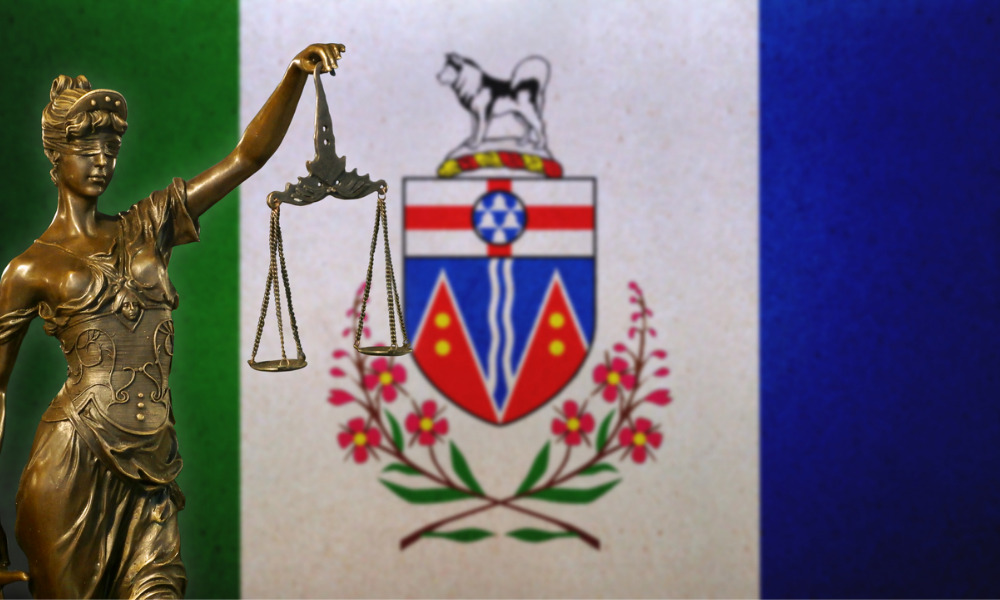
Changes are also proposed to Yukon's Territorial Court Judiciary Pension Plan Act

Tracy-Anne McPhee, Yukon’s justice minister, has tabled Bill No. 6, which proposes amendments to the Safer Communities and Neighbourhoods (SCAN) Act that would expand the types of activities that a SCAN Unit can investigate upon accepting a complaint.
The SCAN Act enables the SCAN Unit, which has protocols in place with nine Yukon First Nations governments, to investigate complaints filed by members of the public regarding illegal or dangerous activities identified in the legislation as a “specified use” and to take action when such activities are occurring on a property that negatively impacts the neighbourhood.
“The SCAN Unit plays a vital and important role in building safer communities by receiving complaints and responding to the concerns of Yukoners,” said Tracy-Anne McPhee, Yukon’s justice minister, in a news release.
The contemplated changes seek to expand the definition of “specified use,” which currently covers illegal drug and alcohol activities and prostitution, to include illegal activities relating to child sexual abuse and sexual exploitation, gangs and criminal organizations and illegal firearms. This amendment is meant to help promote public safety in all Yukon communities.
According to the territorial government’s news release, Statistics Canada has said that, in Yukon, there were 141 reported sexual violations against children between 2015 and 2020: 26 violations in 2015, 21 in 2016, 16 in 2017, 25 in 2018, 26 in 2019 and 27 in 2020.
The territorial government also cited statistics from the firearms commissioner for the RCMP’s Canadian Firearms Program, which provided that there were 101 firearms seized in Yukon between 2015 and 2019: 18 firearms in 2015, 16 in 2016, 20 in 2017, 17 in 2018 and 30 in 2019.
McPhee also tabled Bill No. 10, which proposes amendments to the Territorial Court Judiciary Pension Plan Act (2021).
These suggested changes are in response to the recommendations provided in the Judicial Compensation Commission’s 2016 Final Report, said McPhee in a news release. McPhee added that the recommendations provided a process aiming to assist in maintaining the proper constitutional balance between judicial independence and the legislature’s role in determining judicial remuneration.
The proposed amendments include: